
Today, Google announced a number of licensing changes its making as a result of the EU antitrust decision that came down in July. All while not admitting to any wrongdoing, the firm only said that these changes are being made while its appeal is pending, so everything you're about to read could very much be temporary.
One major change being made is that companies that make Google Play devices will now be able to also make non-Google Play Android, also known as forked or AOSP (Android Open Source Project), devices. Previously, if an OEM licensed Google Play Android, you weren't allowed to also produce AOSP devices, except in countries that don't allow Google Play, like China. Now, companies will be able to sell forked Android devices in EU countries, so still not in countries like the United States.
Google is also going to allow for different licensing of apps. Companies will be able to license Google's mobile apps separate from Google Search or Chrome in the EU, and the firm will offer separate licenses for Search and Chrome. This is something of a big deal, as Android licensing has always been free or close to free, with Google making its revenue off of Search ads, and internet ads in Chrome.
The firm says that the new options will go into effect on October 29, but only for new smartphones and tablets launched in the European Economic Area. Google promises that Android itself will continue to remain free and open source.










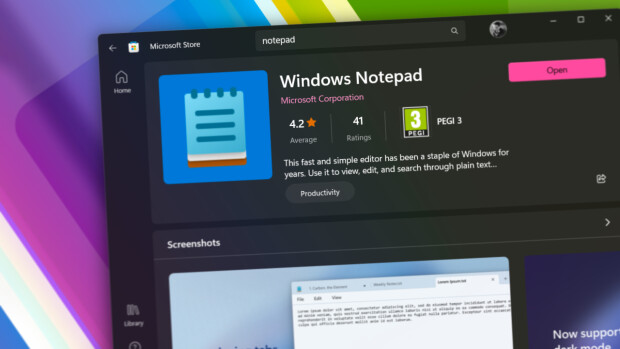
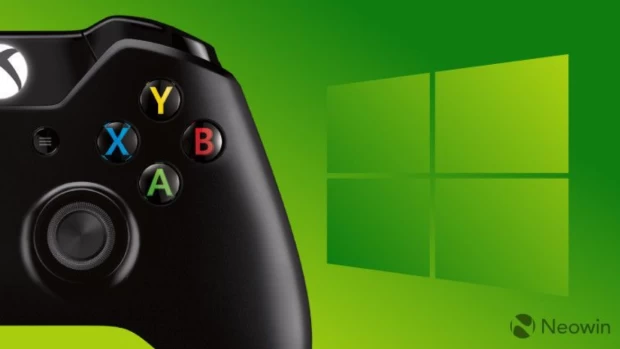
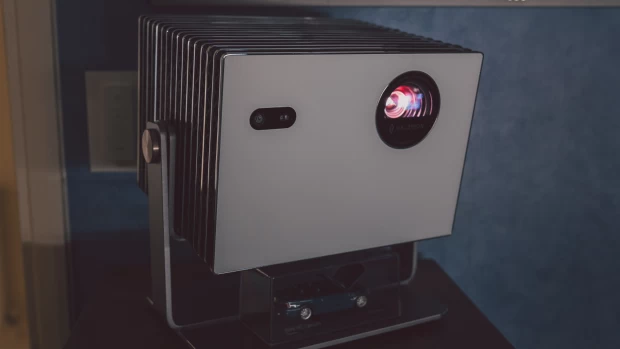
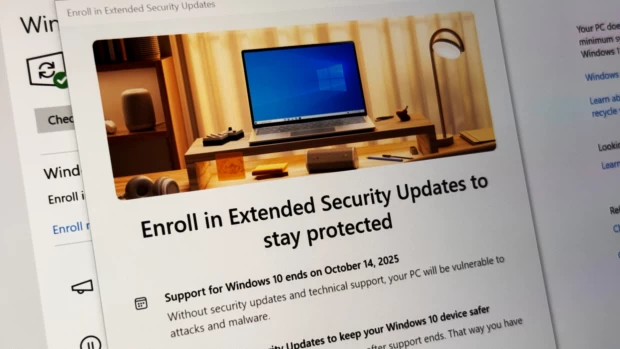
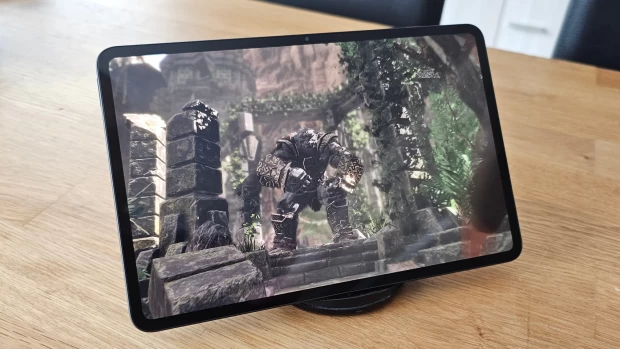
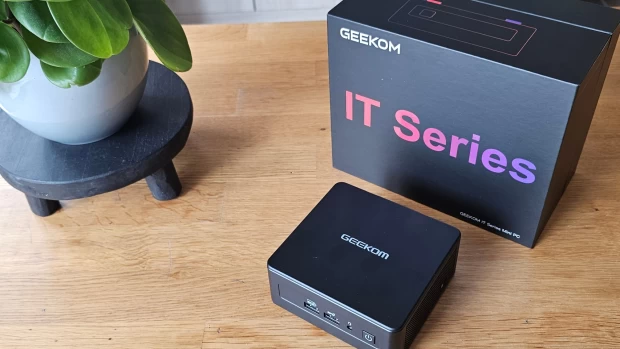




17 Comments - Add comment